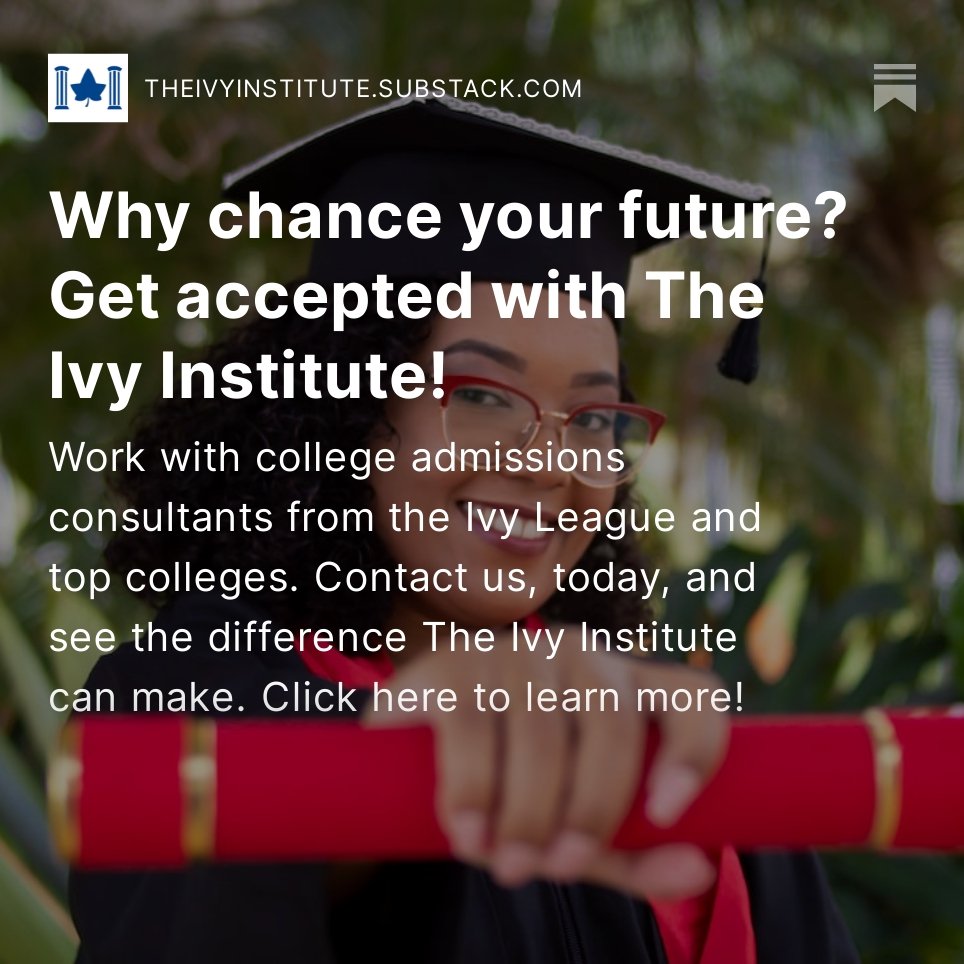When should middle-school students start thinking about college? (It’s never too early!)
Middle school marks a crucial transitional phase in a student's educational journey. While college may still seem far off, the steps taken during these formative years can significantly impact a student's readiness and success in higher education. By focusing on building a strong foundation of academic and personal skills, exploring interests and hobbies, and learning about the college preparation process, middle school students can take proactive steps towards a future filled with opportunities and possibilities. In this article, we will explore in detail the various ways in which middle school students can start preparing for college.
Developing Good Study Habits: Laying the Groundwork for Academic Success
Middle school is the ideal time for students to start developing good study habits that will serve as the bedrock for their academic journey. Encouraging students to establish a consistent routine for studying and completing homework helps instill discipline and time management skills. Creating a designated study space, free from distractions, fosters a focused and conducive learning environment. Furthermore, teaching students effective study techniques, such as note-taking and active reading strategies, equips them with valuable tools for comprehending and retaining information.
Promoting a Growth Mindset: Embracing Challenges and Seeking Help
Emphasizing a growth mindset is vital during the middle school years. Encouraging students to view challenges as opportunities for growth and learning helps build resilience and perseverance. When students encounter academic difficulties, it is crucial to support them in seeking help from teachers or tutors. Cultivating a positive attitude towards seeking assistance fosters a sense of responsibility for one's learning and academic success.
Exploring Interests and Hobbies: Fostering Personal Development
Middle school is a time of self-discovery and exploration. Encouraging students to engage in extracurricular activities aligned with their interests and passions allows them to develop a sense of identity and purpose. Whether it be sports, music, art, or clubs, participating in extracurriculars helps students build teamwork, leadership, and time management skills. Additionally, exploring various hobbies enriches their experiences and can even spark a lifelong passion or career interest.
Building Strong Relationships with Teachers: A Supportive Academic Environment
Middle school is an opportune time for students to cultivate meaningful connections with their teachers. Building strong relationships with educators not only creates a supportive academic environment but also facilitates communication and personalized guidance. Encouraging students to actively participate in class discussions, ask questions, and seek extra help when needed fosters a growth mindset and a commitment to academic excellence.
Starting to Plan for High School: Paving the Way for Future Opportunities
Though it may seem early, middle school students can begin to lay the groundwork for high school success. Researching different high schools in the area and understanding their academic programs, extracurricular opportunities, and college preparation resources can help students make informed decisions about their educational path. Additionally, exploring advanced course options and tracking prerequisites for specialized programs or fields of study ensures that students are well-prepared to take advantage of future opportunities.
Developing Strong Reading and Writing Skills: The Cornerstones of Academic Proficiency
Reading and writing skills are fundamental to academic success across all disciplines. Encouraging middle school students to read a variety of materials, such as novels, news articles, and non-fiction books, enhances their vocabulary, comprehension, and critical thinking abilities. Furthermore, practicing writing in various formats, including essays, research papers, and creative writing, nurtures effective communication and expression skills.
Learning About College: Planting the Seeds of Aspiration
Middle school is an ideal time to introduce students to the concept of college and its potential benefits. Researching different colleges and universities, exploring academic programs, admission requirements, and campus culture piques their interest and helps them envision their future possibilities. Introducing students to financial aid and scholarship opportunities also opens their eyes to the available resources for pursuing higher education.
Setting Goals: Empowering Students to Take Ownership of Their Future
Empowering middle school students to set both academic and personal goals is a vital step towards fostering self-motivation and responsibility. Encouraging them to set realistic and achievable objectives helps develop planning and time management skills. Breaking down long-term goals into smaller, actionable steps enables students to monitor their progress and celebrate their accomplishments along the way.
Preparing for college in middle school is not about rushing to fill out applications or obsessing over SAT scores. Instead, it is about nurturing a growth mindset, embracing a sense of curiosity, and aspiring to excellence in all aspects of life. By developing good study habits, exploring personal interests, fostering strong relationships with teachers, planning for high school, honing reading and writing skills, learning about college, and setting goals, middle school students can lay the foundation for a future filled with opportunities and academic achievements.
The journey towards college begins long before the senior year of high school, and each step taken during middle school contributes to a student's readiness for the challenges and opportunities that lie ahead. By fostering a growth mindset, encouraging exploration, and providing support and guidance, educators, parents, and mentors play a crucial role in preparing students to thrive in their academic pursuits and pursue their dreams in higher education. Emphasizing the value of education, the pursuit of knowledge, and the fulfillment of personal passions sets the stage for a fulfilling and successful college experience and beyond.




